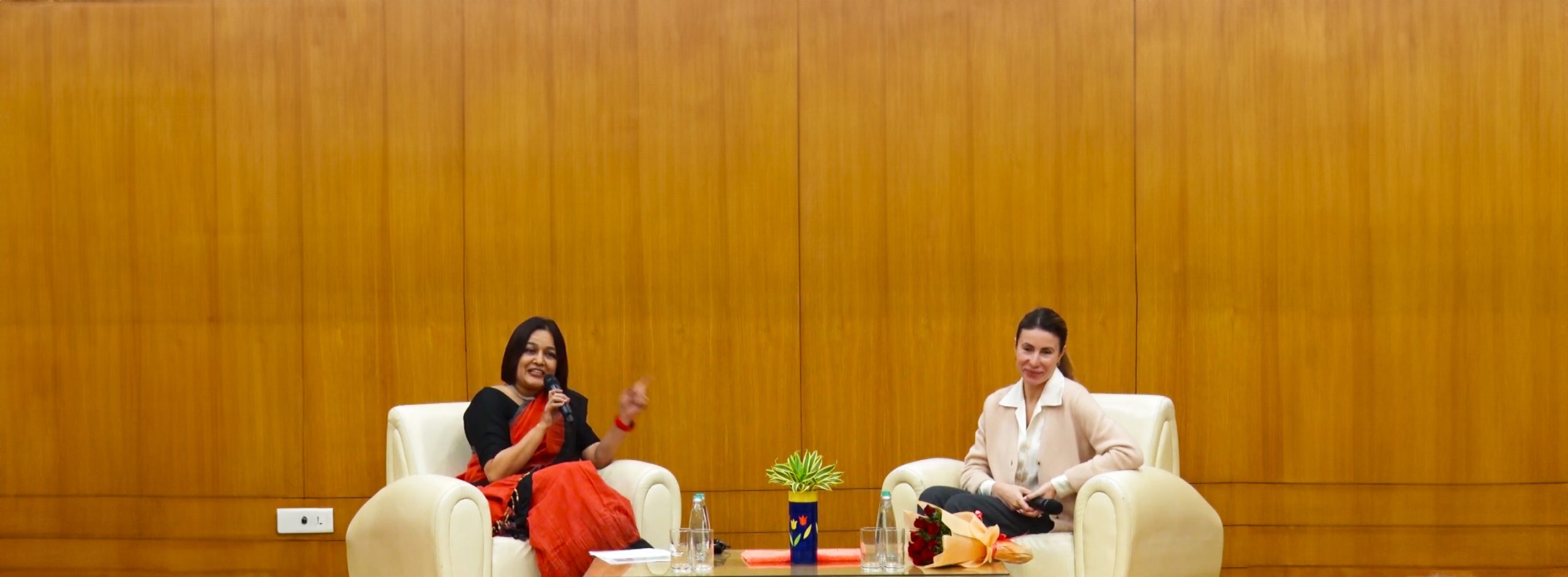Wow. After years of being a little known foundation for Bitcoin, blockchain finally appears to be going mainstream with a slew of mentions in news feeds over the past few weeks.
It’s a topic close to our heart, especially with our work around government-related digital transformation and the financial aspects related to payment and charges. For example, India’s DigiLocker initiative – “your documents anytime, anywhere” – is a perfect example of how blockchain could radically change the access and storing of individuals’ data.
DigiLocker ties into Digital India’s vision of providing citizens a shareable private space on a public cloud and making all documents / certificates available on this cloud.
Based on the idea of paperless governance, DigiLocker is a platform for issuance and verification of documents and certificates digitally, eliminating the use of physical documents. Indian citizens who sign up for a DigiLocker account get a dedicated cloud storage space that is linked to their Aadhaar (UIDAI) number. Organizations that are registered with Digital Locker can push electronic copies of documents and certificates (e.g. driving license, Voter ID, School certificates) directly into citizens’ lockers. Citizens can also upload scanned copies of their legacy documents in their accounts. These legacy documents can be electronically signed using the eSign facility.
Pandurang Kamat, our blockchain expert at Persistent Systems, has some thoughts around these cloud-based systems. Having such a locker on a central web service (as DigiLocker does) requires users to trust the service. A server-side security breach, or an insider attack, can compromise confidential user data. Even if this data is kept encrypted, it is vulnerable to having the one central private key being stolen by the hacker.
A better alternative is to implement the digital locker as a decentralized app (Dapp), where confidential data and keys are solely under the control of the user. This lends itself to the peer-to-peer nature of blockchain, making it a perfect candidate.
Blockchain offers an attractive method for verifying and tracking transactions based on peer-to-peer networks instead of the traditional legacy systems. Blocks of time-stamped transactions are stored across the network, in theory making them safer and less susceptible to being compromised. The banking and financial services world is already warming up to blockchain.
India’s largest private sector bank, ICICI Bank, announced in Oct that it has successfully executed transactions in international trade finance and remittance using blockchain, in partnership with Emirates NBD, a leading banking group in the Middle East. Other large private banks in India, like Axis Bank and Kotak Mahindra Bank have also announced pilot transactions, expecting time for cross-border remittances and trade settlements to come down from 2 days to a few minutes.
We see blockchain gaining more traction as a platform for a new wave of decentralized apps, offering a new level of transparency and record-keeping for large-scale digital transformation projects. The future looks bright!
Find more content about
digital transformation (49) Blockchain (4) Bitcoin (2) Dapps (2) Digilocker (2)






